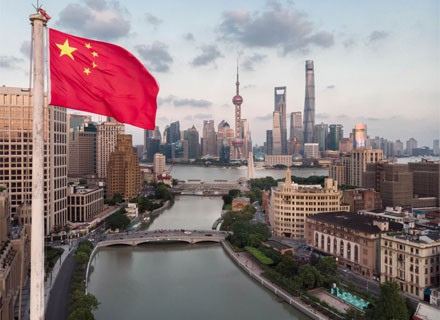China’s deputy central bank governor Pan Gongsheng said that the country’s real estate industry is rebounding from a slump triggered by tighter debt limits.
He mentioned the Evergrande Group, the most indebted company in the world, but made no mention of government-mandated measures to restructure 2.1 trillion yuan (USD 305 billion) in debt to banks and bondholders.
“Market confidence is recovering. Transaction activity in the real estate market has increased. The financing environment, especially for high-quality enterprises, has improved significantly,” Pan Gongsheng said at a news conference ahead of the meeting of China’s legislature.
Pan Gongsheng made no mention of Beijing’s intentions to significantly alter the “three red lines” debt limits.
In mid-2021, China’s economic growth slowed as officials prevented Evergrande Group and other highly indebted companies from taking new loans out of concern that debt levels were getting out of hand.
Companies that owed Chinese and foreign bond investors billions of dollars in debt, collapsed or stopped making payments, while some got defaulted. Evergrande Group claimed to have assets worth 2.3 trillion yuan (USD 330 billion), but was struggling to convert that into cash to repay lenders.
In order to ensure that families received apartments that they earlier paid to Evergrande Group, local governments took over some incomplete projects.
According to Pan Gongsheng, real estate companies’ bond sales totalled around 120 billion yuan (USD 17.5 billion) in the fourth quarter of 2022, up 22% from the same period the previous year. He claimed that bank loans for the construction of real estate also rose.
Meanwhile, China’s central governor Yi Gang stated that Beijing intends to maintain a stable exchange rate for its sensitive currency, the yuan, after it plunged to a 14-year low versus the dollar in September 2022.
The exchange rate “will remain basically stable at a reasonable and balanced level,” Yi Gang said at the event with Pan.

